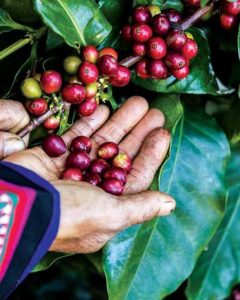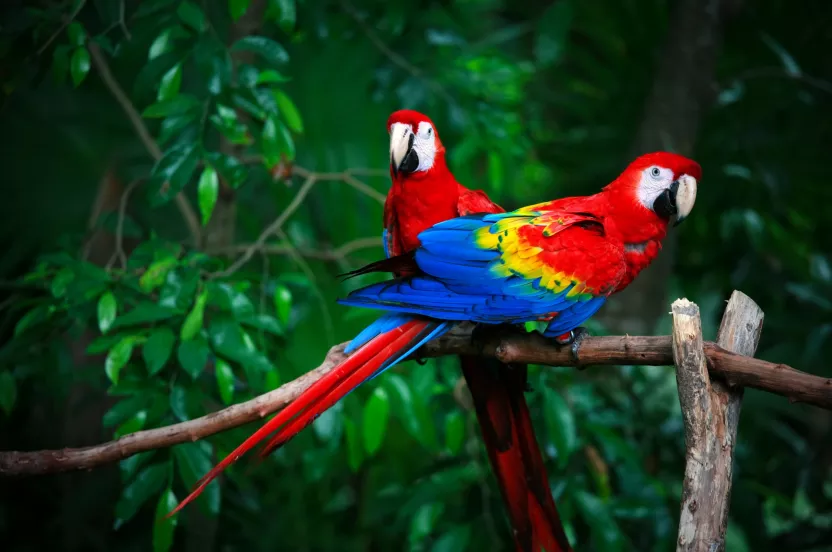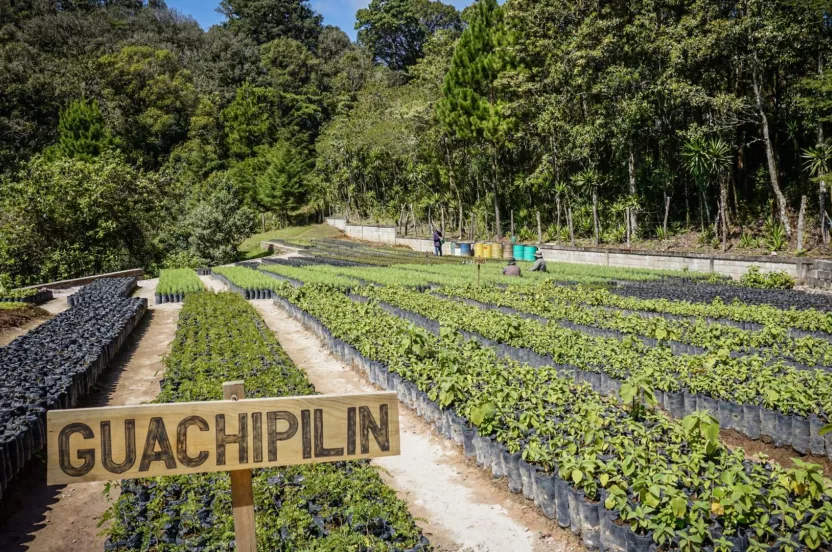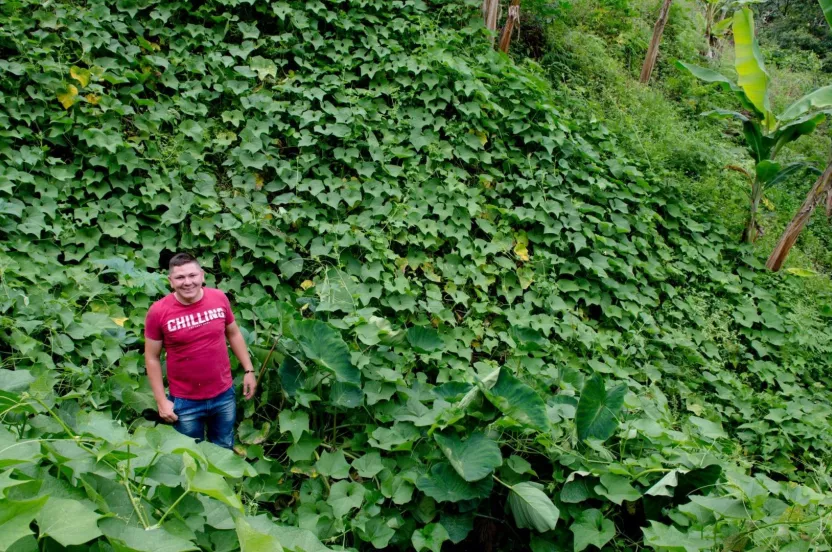Now live: The 2025 Canopy Report. Learn how Americans see trees. GET THE REPORT
Arbor Day Coffee: The Shade-grown Approach to more Sustainable Coffee Production
November 6, 2018
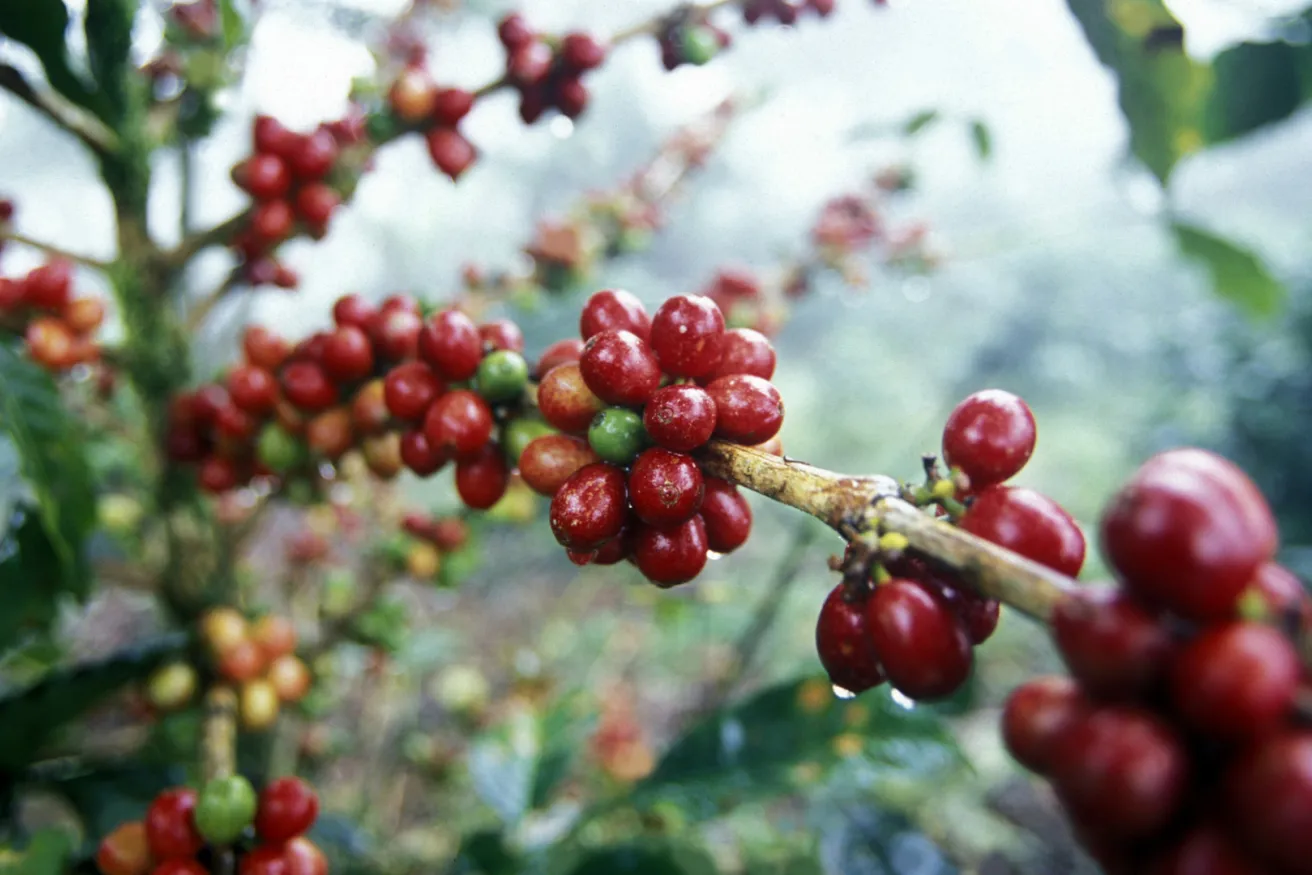
From melting glaciers to larger and more frequent forest fires, climate change is affecting the world in which we live. Tropical trees and coffee shrubs are among the living things influenced by the changes wrought by rising global temperatures.
Importantly, soils, elevation, and temperature are among the exacting conditions necessary for coffee production and the livelihoods of the many farm families who depend on these crops. Recent research predicts that by the year 2050, only half the land currently used for coffee production will continue to be suitable.
Read Are You Drinking Fair Trade?
As production moves upslope to forest ecosystems at higher elevations, the danger of increased deforestation in the world’s rain forests becomes a very real possibility. The Arbor Day Foundation is taking a proactive lead in promoting farming, purchasing practices, and processing operations throughout the coffee supply chain that will put the coffee industry on a more sustainable path and ease its impact on the environment.
Dan Lambe, president of the Arbor Day Foundation, says, “By working with farmers, coffee roasters, importers, cafés, and interested Foundation members, we are preserving rain forest canopy and planting more trees to protect healthy soil, reduce water pollution, and generally ensure healthier tropical ecosystems that also produce high-quality coffee and give farmers a better income for their crop.”
The plan is simple; the potential results are powerful. The producers and cooperatives we purchase shade-grown coffee from are asked to uphold our coffee purchasing standards. These four standards are designed to facilitate sustainable farming and coffee processing practices.
To learn more about the Arbor Day Coffee program, visit arborday.org/shadegrowncoffee.
